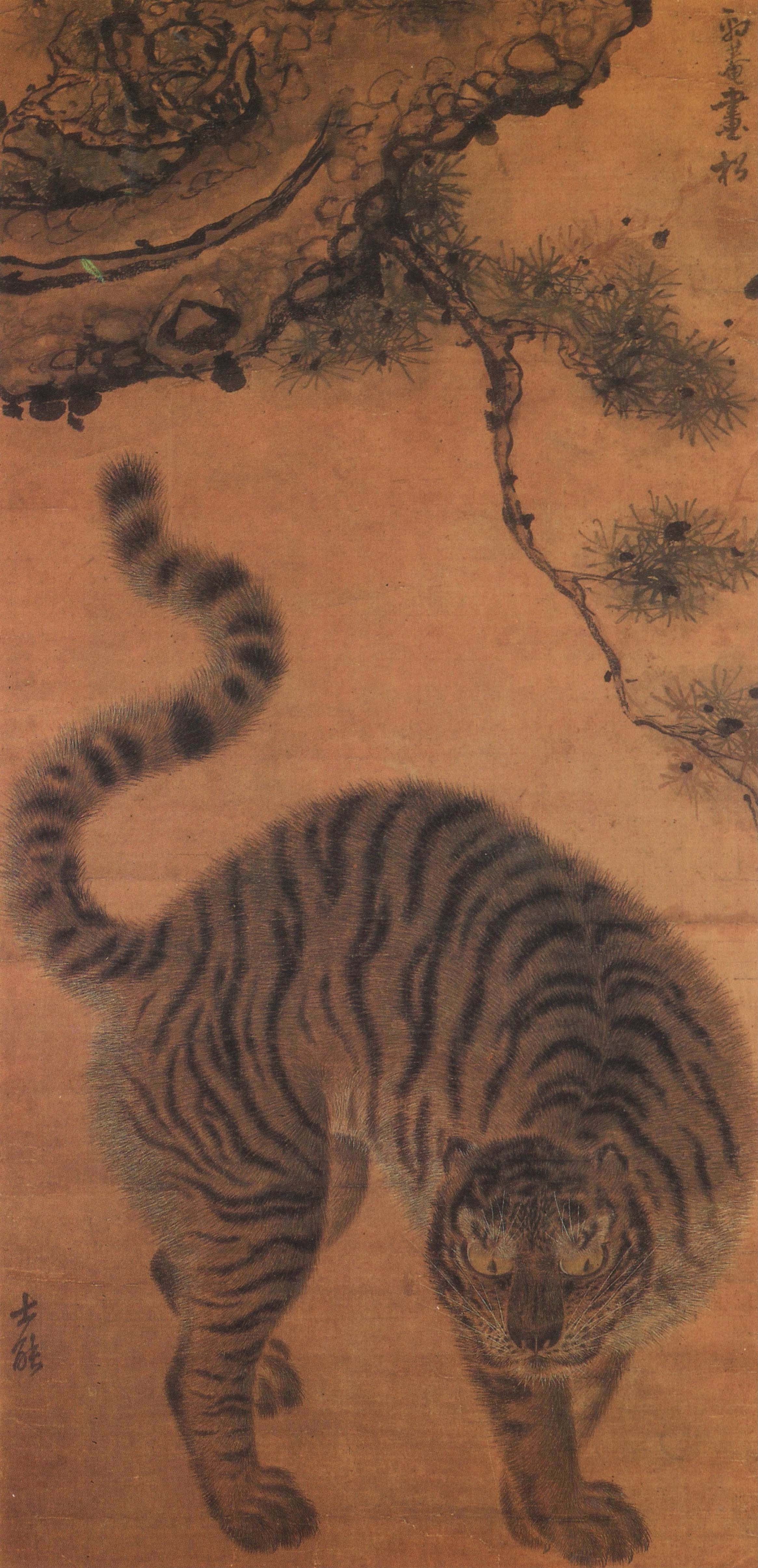|
Chang (monster)
__NOTOC__ A chang is a kind of Chinese ghost or zombie who lures others to their death. Most often, changs are the spirits of those killed by tigers, enslaved by the beast that killed them and unable to find release until they find a new victim for the tiger, who then takes their place. In some tellings, the chang performs a similar role after drowning. It was described in Tang Peizheng's Song-era ''Taiping Guangji The ''Taiping Guangji'' (), sometimes translated as the ''Extensive Records of the Taiping Era'' or ''Extensive Records of the Taiping Xinguo Period'', is a collection of stories compiled in the early Song dynasty. The work was completed in 978, ...''. The chang appears in the [...More Info...] [...Related Items...] OR: [Wikipedia] [Google] [Baidu] |
Chinese Ghost
Chinese folklore features a rich variety of ghosts, monsters, and other supernatural creatures. According to traditional beliefs a ghost is the spirit form of a person who has died. Ghosts are typically malevolent and will cause harm to the living if provoked. Many Chinese folk beliefs about ghosts have been adopted into the mythologies and folklore of neighboring East Asian cultures, notably Japan, Korea, and Vietnam. Beliefs about ghosts are closely associated with Chinese ancestor worship, where much have been incorporated into Buddhism and in turn influenced and created uniquely Chinese Buddhist beliefs about the supernatural. Traditionally, the Chinese believed that it was possible to contact the spirits of deceased relatives and ancestors through a medium. It was believed that the spirits of the deceased can help them if they were properly respected and rewarded. The annual Hungry Ghost Festival, celebrated in China (including Hong Kong and Macao Special Administrative Reg ... [...More Info...] [...Related Items...] OR: [Wikipedia] [Google] [Baidu] |
Undead
The undead are beings in mythology, legend, or fiction that are deceased but behave as if they were alive. A common example of an undead being is a cadaver, corpse reanimated by supernatural forces, by the application of either the deceased's own Energy (esotericism), life force or that of a supernatural being (such as a demon, or other evil spirit). The undead may be Incorporeality, incorporeal (ghosts) or Human body, corporeal (mummy (undead), mummies, vampires, skeleton (undead), skeletons, and zombies). The undead are featured in the belief systems of most cultures, and appear in many works of fantasy fiction, fantasy and horror fiction. The term is also occasionally used for real-life attempts to Resurrection#Technological resurrection, resurrect the dead with science and technology, from early experiments like Robert E. Cornish's to future sciences such as "chemical brain preservation" and "cryonics." While the term usually refers to corporeal entities, in some cases (for ... [...More Info...] [...Related Items...] OR: [Wikipedia] [Google] [Baidu] |
Tigers In Chinese Culture
Tigers have had symbolic significance in many different cultures. They are considered one of the charismatic megafauna, and are used as the face of conservation campaigns worldwide. In a 2004 online poll conducted by cable television channel Animal Planet, involving more than 50,000 viewers from 73 countries, the tiger was voted the world's favourite animal with 21% of the vote, narrowly beating the dog. Mythology, religion and folklore In Chinese mythology and Chinese culture, culture, the Tiger (zodiac), tiger is one of the 12 animals of the Chinese astrology, Chinese zodiac. In Chinese art, the tiger is depicted as an earth symbol and equal rival of the Chinese dragon – the two representing matter and spirit respectively. The Southern Chinese martial art Hung Ga is based on the movements of the tiger and the crane. In History of China, Imperial China, a tiger was the personification of war and often represented the highest army General Officer, while the emperor and empres ... [...More Info...] [...Related Items...] OR: [Wikipedia] [Google] [Baidu] |

